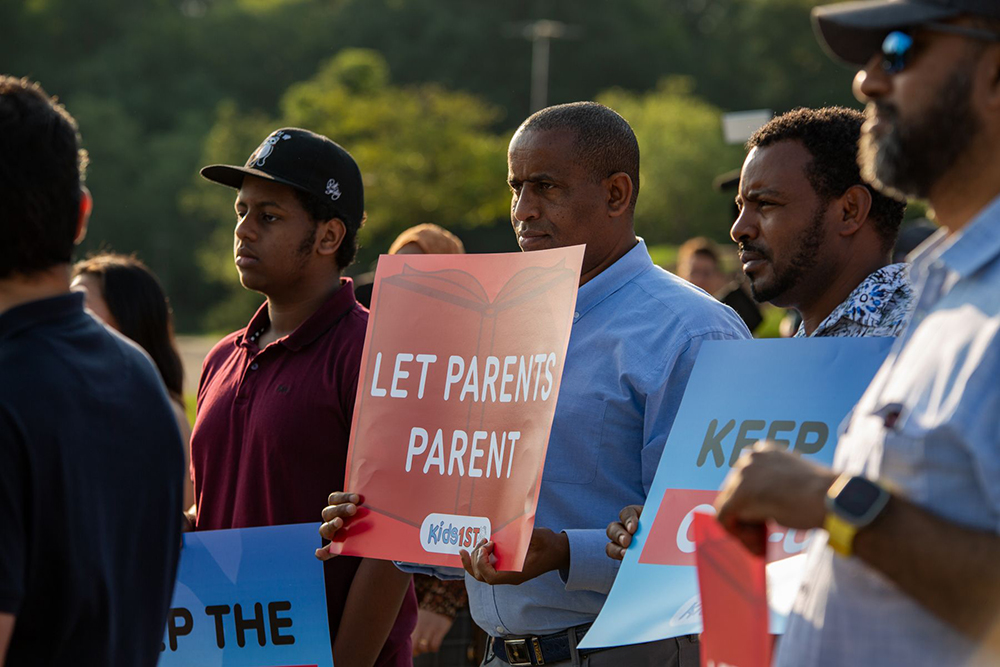
WASHINGTON — A group of Catholic, Muslim, and Ethiopian Orthodox parents in Maryland are continuing their fight to allow their children in public elementary schools in Montgomery County to opt out of reading books, or being read books, with LGBTQ+ content.
The parents, who said the required reading materials force them to forgo their beliefs or leave the school system, sued the Montgomery County Board of Education in May after the school board changed its parental notification and opt-out policies.
In late August, a federal judge rejected the opt-out request from the parents who now are taking their fight to the Fourth Circuit Court of Appeals, represented by Becket, a religious freedom law firm.
On Aug. 24, U.S. District Judge Deborah Boardman said the parent group failed to show that not being able to opt out of these readings would “result in the indoctrination of their children or otherwise coerce their children to violate or change their religious beliefs.
“With or without an opt-out right, the parents remain free to pursue their sacred obligations to instruct their children in their faiths,” the judge wrote in a 60-page opinion. “Even if their children’s exposure to religiously offensive ideas makes the parents’ efforts less likely to succeed, that does not amount to a government-imposed burden on their religious exercise.”
The new inclusivity books were announced last fall for students in pre-K through eighth grade. The parent group opposing them, Kids First, said it wants to be given the choice of opting out of having their students read or be read aloud books such as “Pride Puppy!” and “Uncle Bobby’s Wedding.”
“The Board forged ahead with its storybook mandate over the concerns of thousands of parents and its own principals,” said Grace Morrison, a Catholic mother and board member of Kids First, who has a daughter with Down syndrome enrolled in Montgomery County Public Schools.
In a statement issued through a Becket press release Aug. 29, Morrison said that the county’s school board “does not replace parents, who know best about how and when to introduce their elementary-age children to complex and sensitive issues around gender and sexuality.”
“Children deserve the guidance of their parents when learning about complex issues around gender and sexuality,” said Eric Baxter, vice president and senior counsel at Becket. “That’s why we are asking the Fourth Circuit to step in to protect the right of parents to guide their children’s education consistent with their religious beliefs.”
A preliminary decision on the parents’ motion for an injunction is anticipated early this fall.
